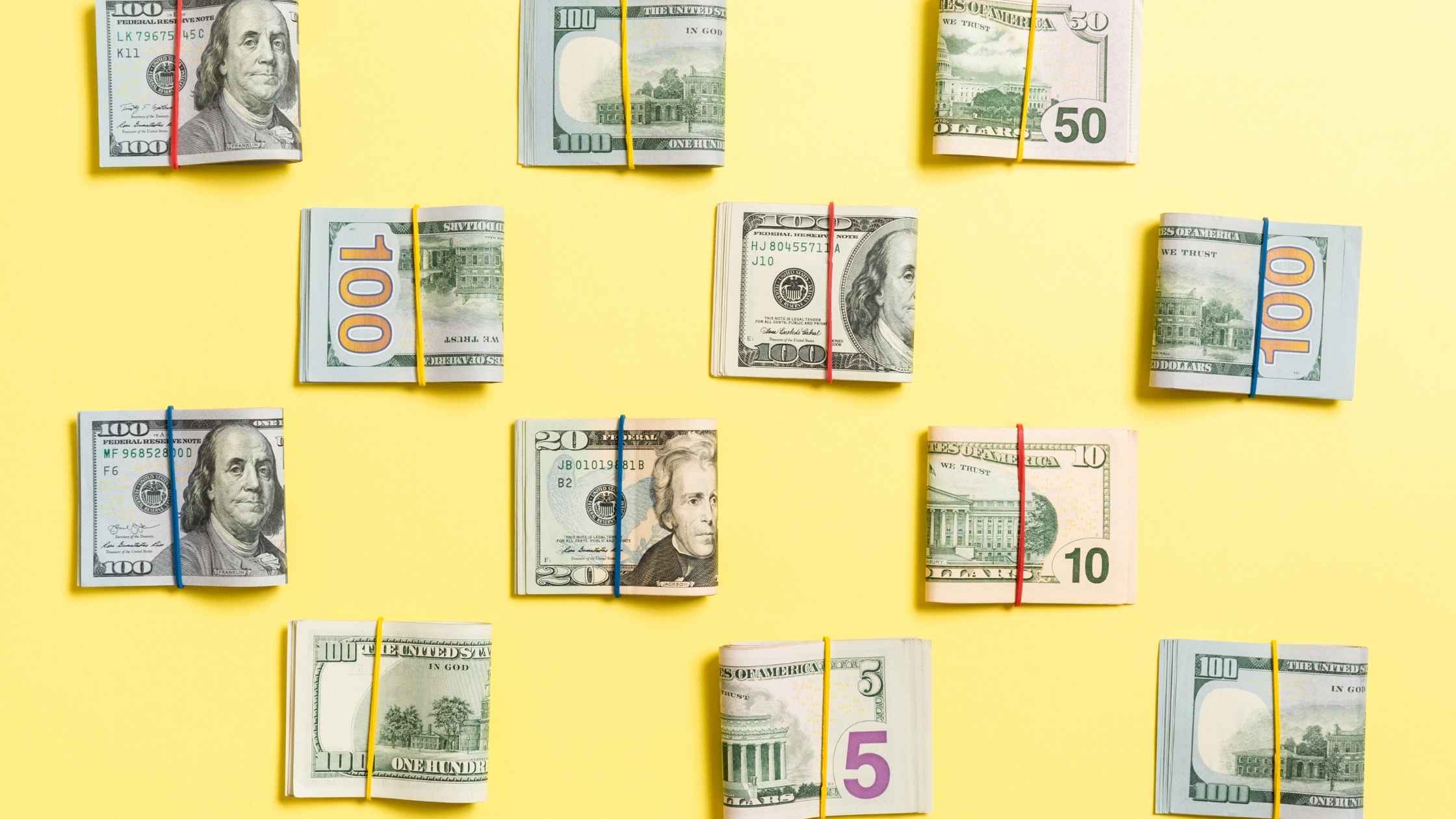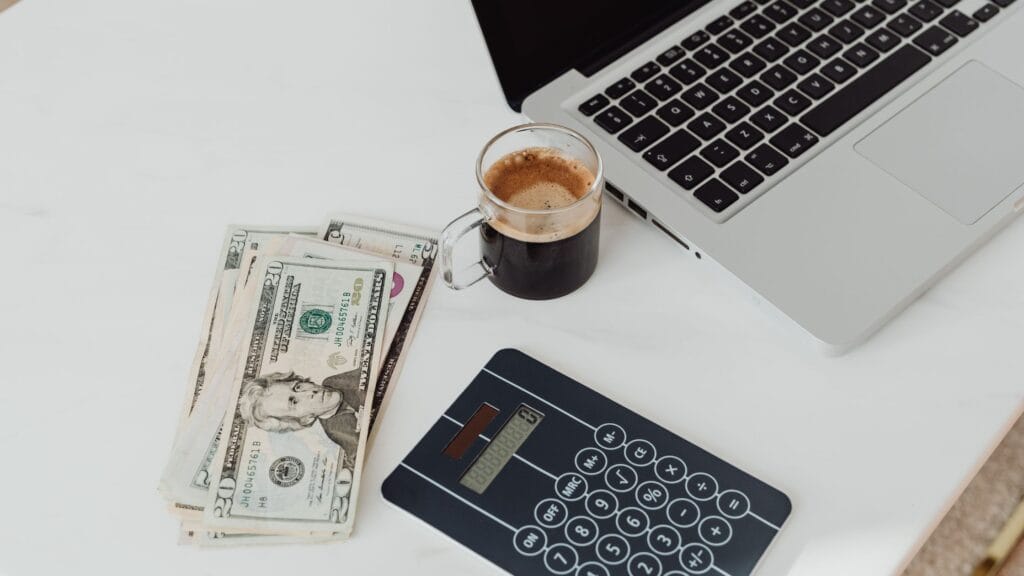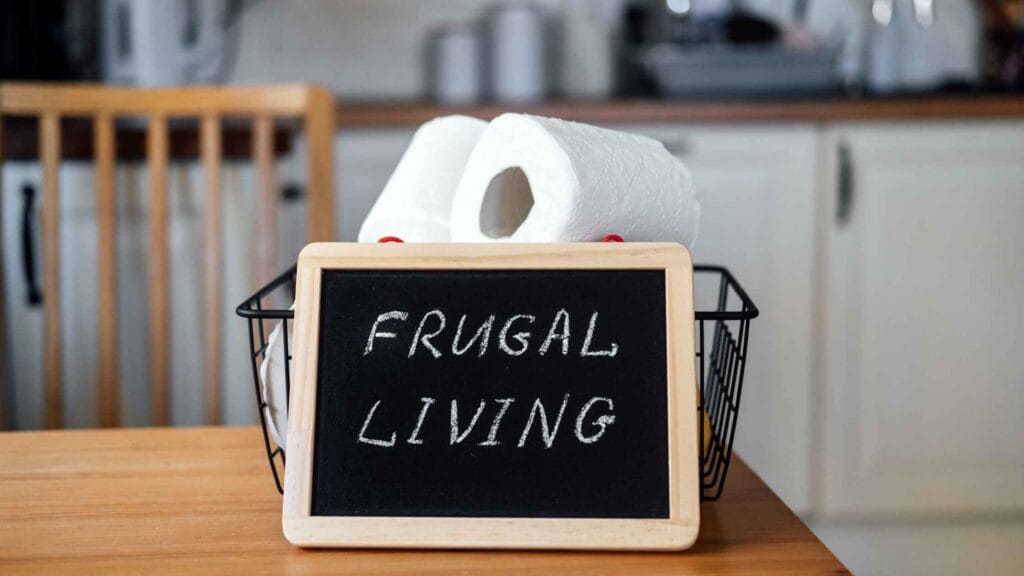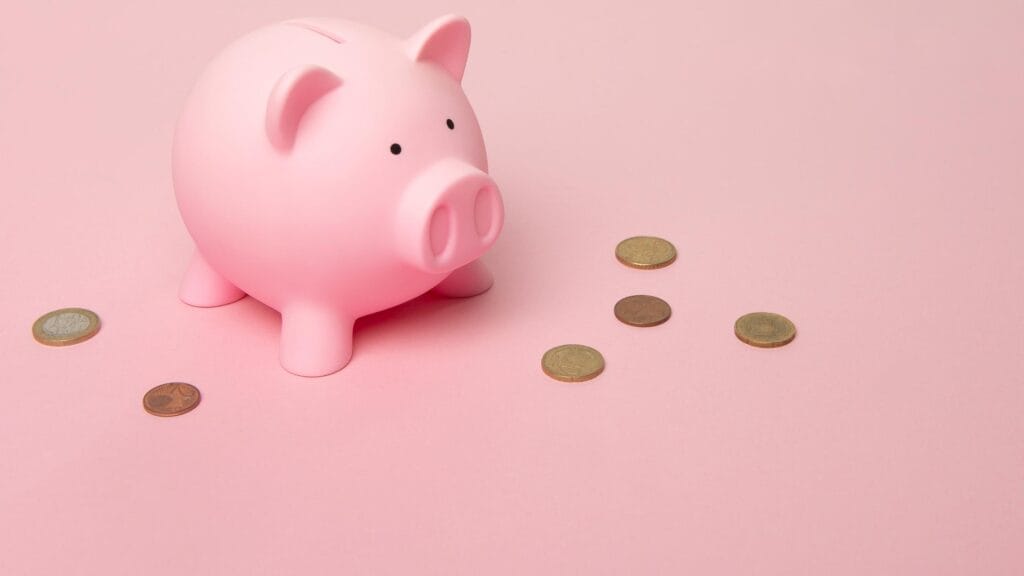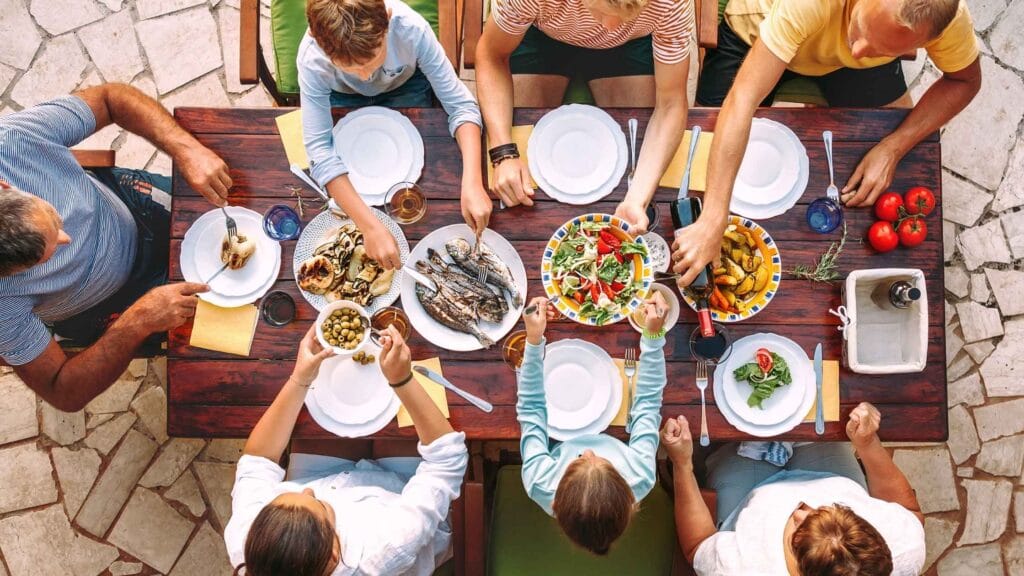Are you wondering what the frugal living meaning is and how you can apply it in your own life? Frugal living means choosing how to spend money wisely without wasting it. It’s about getting more from less effort. Many people confuse frugality with being cheap, but they’re very different.
Being cheap means you cut costs at all costs, even at your own expense. Frugality is more about making smart decisions.
For example, a frugal person might skip buying a new phone each year and keep using the one they have. They know that needs come before wants, and they don’t let pressure guide their choices.
I learned this during a tough time in my life when money was tight and choices had to be intentional. Over time, it changed my mindset completely.
I realized I felt less stressed, more in control, and much happier when I stopped spending just to keep up.
FAQs
Here are FAQ's to the frugal living meaning:
What is the true frugal living meaning?
It means choosing how to spend money wisely, with purpose and intention, not waste or pressure.
Is frugal living the same as being cheap?
No. Cheap focuses only on price. Frugal focuses on value and long-term benefit.
How can I start living frugally today?
Begin with awareness. Track your spending and cut what you don’t need or love.
Does frugal living mean I can’t enjoy life?
Not at all. It means enjoying life more by focusing on what really brings joy.
Can frugal living help me get out of debt?
Yes. Frugality helps you reduce unnecessary spending and redirect money toward debt.
Is frugal living realistic for families?
Definitely. It builds strong values, teamwork, and better habits for both adults and kids.
Why Frugal Living Is a Lifestyle, Not a Sacrifice
Some people think living frugally means missing out on fun or comfort. That couldn’t be further from the truth. When you live frugally, you decide what actually matters to you.
You don’t follow every trend or spend for attention. Instead, you make space for more meaningful things. You save on what doesn’t matter so you can invest in what does.
This could mean spending less on clothes but taking that dream vacation. Or cooking at home more often to pay off debt faster.
You don’t feel deprived when your money choices reflect your values. You feel empowered. My life became much more peaceful once I embraced frugality.
I finally had enough money saved to breathe and plan ahead without fear.
The Psychology Behind Frugal Living Meaning
Frugality is more than a financial choice—it’s an emotional and mental shift. You start thinking differently about every dollar you spend and begin to notice how advertising influences your decisions.
You learn to separate impulse from intention. A frugal person doesn’t feel the need to impress anyone.
They feel confident spending less because they know their worth isn’t in things. This mindset grows with practice, and it leads to lasting freedom.
You start asking better questions before each purchase. Will this add value to my life? Will I regret spending this tomorrow?
It creates space for better habits, stronger willpower, and more thoughtful living. It becomes easier to say “no” to the unnecessary when you’ve already said “yes” to your future.
How to Start Living Frugally Today
You don’t have to change your whole life overnight. Begin by looking at where your money goes each month. Write it down and really look at it.
Notice what expenses bring joy and which ones don’t. Cancel things that don’t serve a purpose anymore. You’ll be surprised by how many expenses sneak into your life without adding value.
Start cooking at home more often instead of eating out. Use public transportation when possible. Buy used items instead of new. One small change each week builds momentum.
Soon, your habits shift and your lifestyle follows. I started by tracking my daily spending in a notebook. Within a month, I found patterns I never noticed before.
I made changes based on those patterns, and I haven’t looked back since.
Frugal Living Meaning in Daily Decisions
Frugality shows up in your day-to-day choices. You don’t need to cut every expense, just the ones that aren’t worth it.
Instead of buying coffee every morning, make it at home and enjoy a quiet moment. Instead of upgrading your phone each year, ask yourself if it still works fine.
These small decisions, repeated daily, create big changes over time. You get used to thinking in terms of value instead of trends.
Eventually, you don’t miss those little expenses because you see how much they add up. I used to shop online whenever I felt bored.
Now I take walks instead or call a friend. Those new habits saved me hundreds and gave me joy that didn’t cost anything.
Suggested reading: 20 Family Business Ideas to Start Together in 2025
Frugality Doesn’t Equal Deprivation
Many fear frugality will make life dull or restrictive. But it’s not about cutting joy—it’s about finding smarter joy. When you live frugally, you focus on experiences, not things.
You value simple pleasures like a walk in the park or a night with close friends. You still treat yourself, but you do it with thought.
Frugality helps you cut what you don’t care about so you can keep what you love. I still go out with friends, but I plan free or low-cost activities.
We laugh more and spend less. I enjoy meals out now more than I did when I went out constantly. When it’s occasional, it feels special.
Long-Term Benefits of a Frugal Lifestyle
Over time, the rewards of frugal living start stacking up. You build savings, pay off debt, and stop living paycheck to paycheck. The weight on your shoulders begins to lift.
You become less worried about emergencies and more focused on goals. Frugal habits help you build a safety net, which leads to confidence and peace.
You start planning for the future instead of fearing it. I used to panic when my car broke down. Now I have a car fund. That peace of mind is priceless.
You’ll also notice that frugality helps you appreciate what you have. Gratitude grows when you focus less on buying and more on living.
Frugal Living Meaning for Families
Frugal living is powerful for families. It teaches kids about value, patience, and priorities. Children learn from what they see, not just what they hear.
When you involve them in money conversations, they feel included and responsible. You can make it fun by creating games around saving money or finding good deals together.
Cook meals as a family. Take nature walks instead of pricey outings. Reuse and recycle together. These activities don’t just save money—they build memories.
We started family budget nights where everyone has input. It’s become a bonding activity that brings us closer. Frugal living, when done right, strengthens family values and builds lasting habits.
Frugal Living and the Environment
Frugality and sustainability go hand in hand. When you buy less, you waste less. When you reuse and recycle, you help the planet.
Choosing a frugal lifestyle often means reducing your footprint without even trying. You consume mindfully, repair instead of toss, and avoid unnecessary packaging.
Using reusable bags, water bottles, and containers becomes second nature. You also shop locally more often, which supports community businesses and cuts down on shipping waste.
Frugal habits often lead to greener habits. I stopped buying disposable paper towels and switched to washable cloths. It saved money and reduced waste. A win for both wallet and Earth.
How to Stick to Frugal Habits
Staying consistent is the hardest part of any lifestyle change. To make frugal habits stick, you need motivation and reminders. Set clear goals.
Why are you choosing frugality? Maybe it’s to save for a home or reduce stress. Keep that reason front and center. Create a visual tracker if it helps.
Celebrate wins—even the small ones. If you resist an impulse buy, that’s worth celebrating. Don’t be too strict or you might burn out. It’s okay to treat yourself sometimes.
Just make sure it’s intentional, not emotional. Frugality should feel freeing, not punishing. I keep a journal where I write down financial wins. It reminds me that progress is real and ongoing.
Tips to Embrace Frugal Living Fully
Building a frugal lifestyle doesn’t happen overnight. It grows from simple actions done repeatedly. Start with one or two habits and let them evolve.
Plan meals for the week to avoid last-minute takeout. Cancel services you no longer use or value. Learn to repair before you replace. Try second-hand stores.
They often surprise you with quality and uniqueness. Take advantage of public libraries. Borrowing books, movies, and even tools is both smart and budget-friendly.
Learn basic DIY skills for home or clothing fixes. These save time and teach valuable lessons. I taught myself to sew buttons and hem pants. It saved me money and gave me confidence.
Frugality gives you the power to do more with what you already have.
Suggested reading: How to Start a WordPress Blog on Bluehost
Common Misconceptions About Frugal Living
Many think frugality is about extreme restriction or living in scarcity. That’s simply not true. Frugal people are not stingy. They are intentional.
They focus on quality, not quantity. A frugal person might spend more on shoes that last five years than cheap ones that break in months.
It’s about smart value, not just low cost. Some think frugal living is boring. Again, false. When you stop chasing stuff, you have more time and energy for meaningful activities.
Life becomes richer, not duller. I used to believe I needed to shop to feel fulfilled. Now, I find joy in a good conversation or a peaceful walk.
Once you shed those false ideas, frugality feels like freedom—not sacrifice.
Suggested reading: How To Save Money For A Car Quickly & Get The best prices
How to Avoid Frugal Burnout
Like any lifestyle change, frugal living can feel overwhelming at first. If you try to do everything all at once, you may burn out. Balance is key. Give yourself grace. Don’t expect perfection.
Allow yourself the occasional treat. Plan for joy. Include fun in your budget. A budget that makes room for happiness is one you’ll actually stick to. Keep things flexible.
If something isn’t working, adjust it. Stay connected with others who value frugality too. Their support can keep you going when your motivation dips.
When I felt overwhelmed, I joined a budgeting group online. Hearing others’ stories inspired me to keep going. Their small wins felt like my own.
Tracking Your Progress Matters
Seeing your progress keeps you motivated. Track savings, debt payoff, and financial goals in a way that feels good. Some use apps. Others prefer spreadsheets or journals.
I used sticky notes on my fridge to show money saved each week. It worked! Watching those notes grow kept me excited. Set goals and check in often. Even a few dollars saved adds up fast.
Looking back, I saved $500 in three months by skipping small purchases. I didn’t notice the missing things—but I noticed the growing balance.
Measuring your efforts helps you stay accountable and confident. When you feel stuck, look back and see how far you’ve come.
Incorporating Frugal Habits in Your Lifestyle
Frugality works best when it fits your life naturally. Try batching errands to save gas. Plan your shopping trips to avoid impulse buys. Meal prep on Sundays.
Bring lunch to work. Set spending limits for non-essentials. Choose experiences over things. These changes seem small but add up fast. With time, they become habits.
Soon, you won’t think twice about skipping wasteful purchases. For example, I bring a reusable water bottle everywhere now. It’s second nature. No plastic bottles, no extra cost.
Frugal habits, once adopted, feel automatic. And that’s when the real magic happens—you start saving without even trying.
Frugal Living and Financial Freedom
Frugal living is a powerful path to financial freedom. When you stop overspending, you start building. You build savings, confidence, and control.
You worry less and enjoy more. Imagine not panicking over a surprise bill. Imagine saying “yes” to a dream trip without using credit. That’s the power of frugality. It opens doors. It gives you space to breathe.
Every dollar saved gives you time, choice, and independence. I remember the day I became debt-free. It wasn’t just financial—it was emotional. I felt light, proud, and unstoppable. That moment made every skipped coffee worth it.
Frugal Living Meaning in the Modern World
In today’s world, frugality feels rare. We live in a time of endless ads, fast fashion, and social media comparison. Everywhere you look, there’s pressure to spend.
But frugality pushes back. It says, “I have enough.” It offers peace in a world that screams for more. Choosing frugality today is an act of self-respect.
You protect your time, energy, and money. You stop chasing things that don’t fulfill you. I scroll past those flashy ads now, no longer feel tempted, and ultimately feel free.
Frugal living may not be flashy, but it is deeply satisfying.
How to Teach Frugal Living to Kids
Teaching kids about frugal living sets them up for a lifetime of smart choices. Start by involving them in small money tasks. Let them help make grocery lists or compare prices at the store.
Show them how to save up for something they want. Help them understand the value of work and patience. Give them a piggy bank or savings jar.
Talk about money openly and positively. We created a reward system for saving. It became a fun family tradition. The lessons stick when they’re part of everyday life.
Kids who grow up seeing mindful money habits will carry them into adulthood.
Suggested reading: Living on a Budget as a Family: 30 Practical Tips to Live Cheaply
Final Thoughts on Frugal Living Meaning
Frugal living means living with purpose. It’s about using your money in ways that reflect your values and goals. It helps you gain control, reduce stress, and live more meaningfully.
It’s not about saying no—it’s about choosing your yes. Whether you want to get out of debt, save for the future, or just feel more peace, frugality can guide you.
Start small. Stay consistent. Celebrate progress. I’m living proof that anyone can start this journey and change their life. And the best part? You don’t need to earn more—you just need to spend better.

